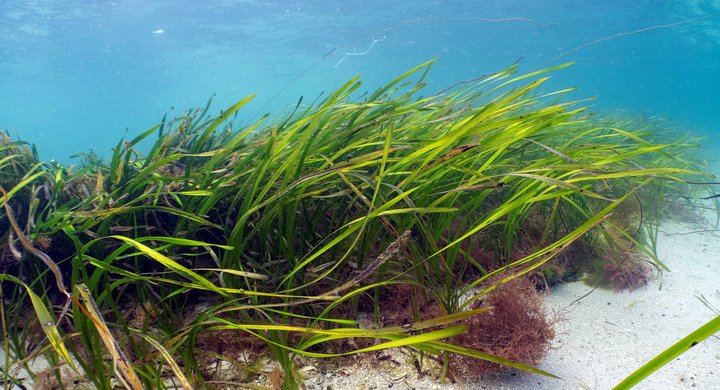
UK ocean projects
There are currently 371 Marine Protected Areas covering 38% of UK seas. We're working to make sure these are effective in recovering the ocean's health.
The network of Marine Protected Areas around the UK is designed to protect important places home to rare or threatened plants, animals and habitats. From the seabed to sea birds which fly above the surface, protecting UK seas lays the foundation for a vibrant and productive ocean and, as a result, coastal communities.
We work to support the establishment of protected areas that work as tools to effectively protect our ocean. Experts suggest we should be aiming for at least 30% of UK waters being highly or fully protected to help key species, habitats and ecosystems recover and thrive.
Our MPA Reality Checker tool shows the areas of protection and conservation around the UK coastline. You can also see what fishing activity is still happening in our protected seas, showing just how vital it is that they're managed properly.

Oysters in the Dornoch Firth
We’re a proud founding partner of the Dornoch Environmental Enhancement Project, reintroducing European flat oysters to the Dornoch Firth.

Saving seagrass in Plymouth
We're protecting seagrass meadows in Plymouth from damaging, traditional moorings.

Eddystone
Beneath the waves the Eddystone reef falls victim to damaging human activity. We've been working to protect this incredible landscape.

Cromer Shoal Chalk Beds
The Norfolk coast is home to the longest chalk reef in Europe, possibly the world: the Cromer Shoal Chalk Beds. From 2017 to 2023, we worked to protect it with the local community.

Sussex
The coast and seas of Sussex are home to an incredible array of underwater landscapes and marine life. Through various projects, we're working to protect and recover these vital ecosystems.

Natur am Byth!
Natur am Byth! is a four-year partnership with nine organisations, led by Natural Resources Wales to help save threatened species across Wales and connect communities to nature.

Restoration Forth
In the Firth of Forth, an area the size of modern-day Edinburgh was once covered by European flat oyster beds, but by the early 1900s they were all fished out. Together with project partners, (including science lead Heriot-Watt University) and local community members, we’re working to restore European flat oysters in the area.

PLYMFISH
We're surveying fish in Plymouth Sound as part of a new project, PLYMFISH, to better understand fish populations in this well-managed Marine Protected Area.

